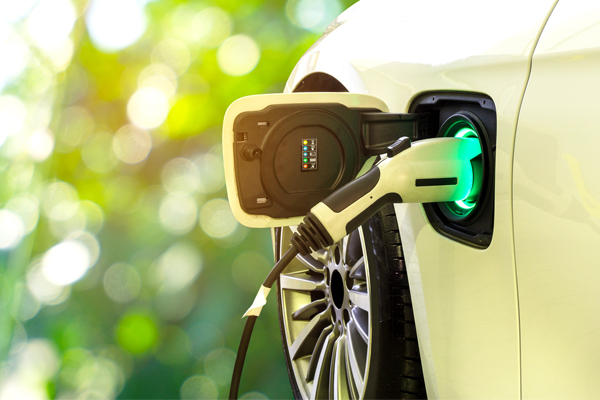As institutions at the forefront of knowledge and innovation, universities have a unique opportunity to lead the way towards a sustainable future. By integrating electric vehicle (EV) charging facilities into their campuses, universities can promote green initiatives and foster sustainable mobility among students, staff, and visitors. In this article, we will explore how universities can benefit from incorporating EV charging facilities using GridFlow’s innovative solutions.
- Promoting Sustainable Transportation: Integrating EV charging facilities into university campuses encourages sustainable transportation options among students and staff. By providing convenient and accessible charging infrastructure, universities can incentivize the adoption of electric vehicles, reducing carbon emissions and promoting a cleaner campus environment. GridFlow’s innovative solutions streamline the management and operation of EV charging stations, ensuring a seamless experience for users.
- Enhancing the University’s Green Image: By embracing EV charging facilities, universities can showcase their commitment to environmental stewardship and sustainability. This commitment can enhance the university’s green image, attracting environmentally conscious students, faculty, and partners. GridFlow’s solutions enable universities to effectively manage and maintain their charging infrastructure, ensuring its reliability and performance, further reinforcing the university’s green initiatives.
- Encouraging Research and Innovation: Universities are hotbeds of research and innovation. By integrating EV charging facilities, universities create opportunities for research and development in areas related to electric mobility and renewable energy. GridFlow’s collaboration with universities extends beyond the provision of charging infrastructure, fostering partnerships to advance sustainable mobility research and innovation. This collaboration can lead to breakthroughs in energy storage, charging technologies, and smart grid integration.
- Supporting Campus Energy Management: EV charging infrastructure can be integrated into the university’s energy management systems, creating a symbiotic relationship between renewable energy generation and charging infrastructure. GridFlow’s solutions enable universities to manage their charging stations in conjunction with on-campus renewable energy sources, optimizing energy usage and reducing reliance on the grid. This integration contributes to the overall energy efficiency of the campus, aligning with sustainability goals.
- Engaging the Campus Community: Integrating EV charging facilities provides an opportunity for universities to engage and educate the campus community about sustainable mobility and the benefits of electric vehicles. GridFlow’s user-centric mobile application enables users to easily locate charging stations, reserve charging slots, and access real-time information, fostering a sense of community and promoting sustainable transportation choices among students, faculty, and staff.
Universities have a unique role to play in driving sustainability initiatives, and integrating EV charging facilities into their campuses can have far-reaching benefits. By partnering with GridFlow, universities can leverage innovative solutions to enable sustainable mobility, enhance their green image, foster research and innovation, and engage the campus community. Together, universities and GridFlow can pave the way for a greener future, transforming campuses into sustainable hubs of knowledge and action, and inspiring the next generation of leaders to embrace sustainable transportation.

